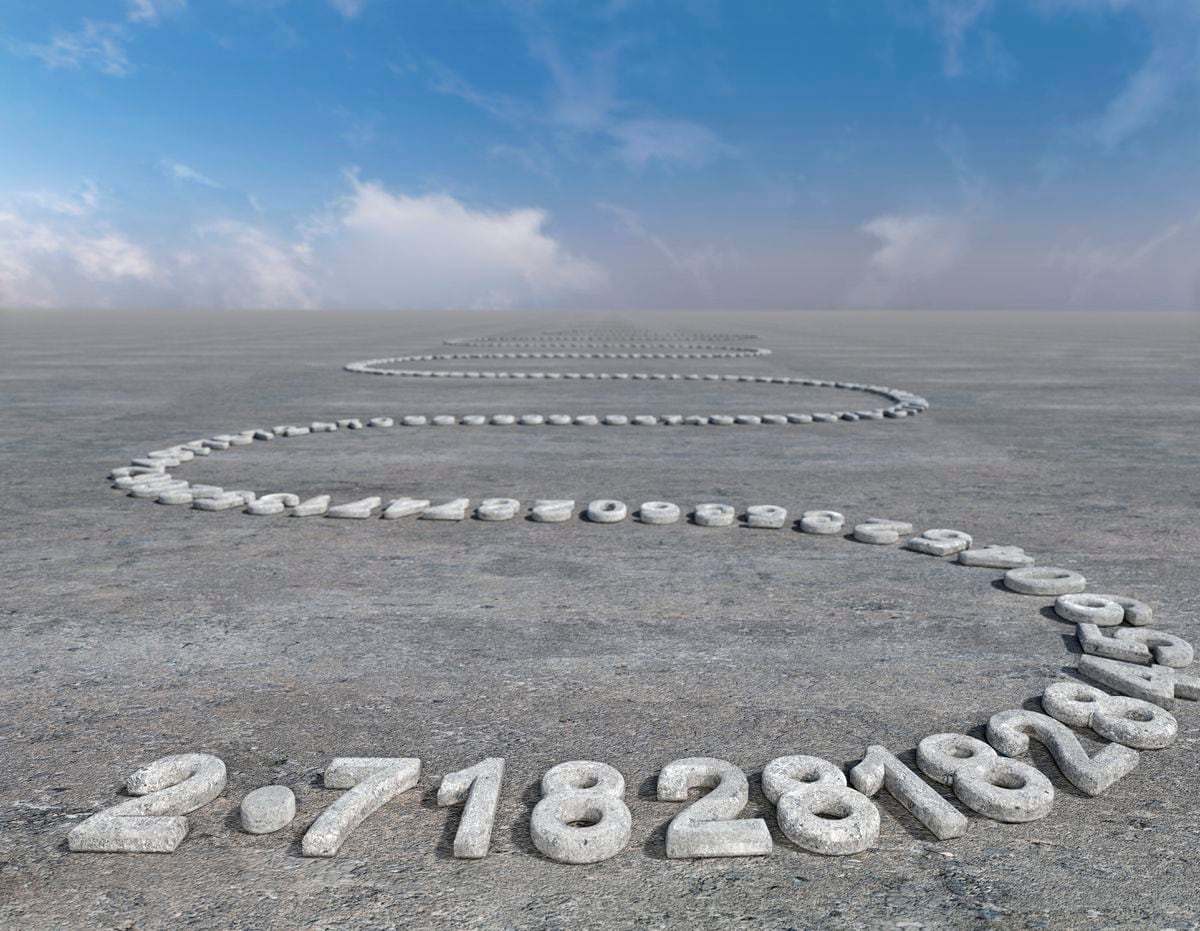If we had a finite number of numbers as the answer, it would not be infinite. The really important thing, when we talk about infinite numbers, is that they will never have an end. So, if we say, for example, a million numbers, that number is already limited because we can always think about adding one more number. But the question is very logical and has given rise to various paradoxes throughout the history of mathematics.
The concept of infinity is relatively new, partly because of the numbering system we have. Civilizations such as the Egyptian or the Aztecs, with non-positional numbering systems, did not consider quantities larger than certain values, as they did not even have symbols that would allow them to represent said quantities, and thus, the same thing happened with the concept of infinite. However, infinity implicitly underlies positional systems such as our number system, and the way quantities are represented is key to producing an intuitive idea of infinity. In the twentieth century, German mathematician David Hilbert stated that infinity does not actually exist. He said that matter cannot be divided infinitely, and that infinity may be a necessary idea in our thinking, even if it does not exist in reality. The idea of infinity seems to have been precisely defined, but it has remained a cause for controversy and contradiction.
Currently, infinity distinguishes two meanings in mathematics. The first is infinity, which is what has no end, which can always continue, and which in mathematics we call potential infinity. The second is to consider infinity as a whole, as a finite process that has reached its limits, thinking about the set of all numbers without thinking about each one of them, which is what we call the current infinity. But you should know that some great mathematicians, such as the Frenchman Augustin Louis Cauchy or the German Carl Friedrich Gauss, denied the existence of this current infinity.
Returning to your question, as you said, the current numbering system allows us to think about the concept of infinity. In this case, if we have a certain number of numbers, whatever they are, we can always think of a number that contains another number, so it’s not infinite. That is, there is no such value.
But the absence of this number does not mean that infinity does not exist. If we talk about numbers, we can always add one more number so that the number is not infinite. This is, for example, the concept that Gauss had. But since the end of the nineteenth century the concept has changed. At that time, the present infinity was proposed and consisted of defining infinity as a whole, as a limit. This step allows us to relate infinity to the limits of functions or sequences. For example, if we think of a sequence containing even numbers: 2, 4, 6, 8, 10… This sequence grows to infinity and we can always think of a larger number. The limits of this sequence are infinite. But if we think about a sequence that is: 1, 1/3, 1/4, 1/5… that sequence decreases even though it does not decrease to infinity, but rather decreases towards zero, but it never reaches zero. If we could put infinite numbers in the denominator of that fraction we would reach 0, but we only reach it at the end, that is, the sequence has a limit of 0 when the denominator tends to infinity.
And with jobs they are similar; If we talk about natural numbers in sequences, we talk about real numbers in functions. Real numbers are those that allow us to represent all values on a straight line, an infinite line that contains negative and positive numbers and includes, among other things, the natural numbers. It is used to count the elements: 1, 2, 3, 4… and so on ad infinitum.
Monica Arnal Balasian She holds a degree in mathematics and a doctorate in education. A professor at the University of Zaragoza, she researches mathematics teaching.
The question was sent via email byAngel Gael Romero
Formatting and writing:Victoria Toro
Dice It is a weekly scientific consultation, sponsored byDr. Anthony Esteve FoundationAnd the program L’Oréal-UNESCO “For Women in Science”Which answers readers’ questions about science and technology. They are scientists and technicians, partnersAMIT (Association of Women Researchers and Technologists), those who answer those doubts. Send your questions to[email protected]Or on Twitter #nosotrasrespondemos.
You can follow Theme in Facebook, s And Instagramor sign up here to receive Our weekly newsletter.





/cloudfront-us-east-1.images.arcpublishing.com/eluniverso/ZHT3NFYA2BFMFDHOGERE3EWDBY.jpg)